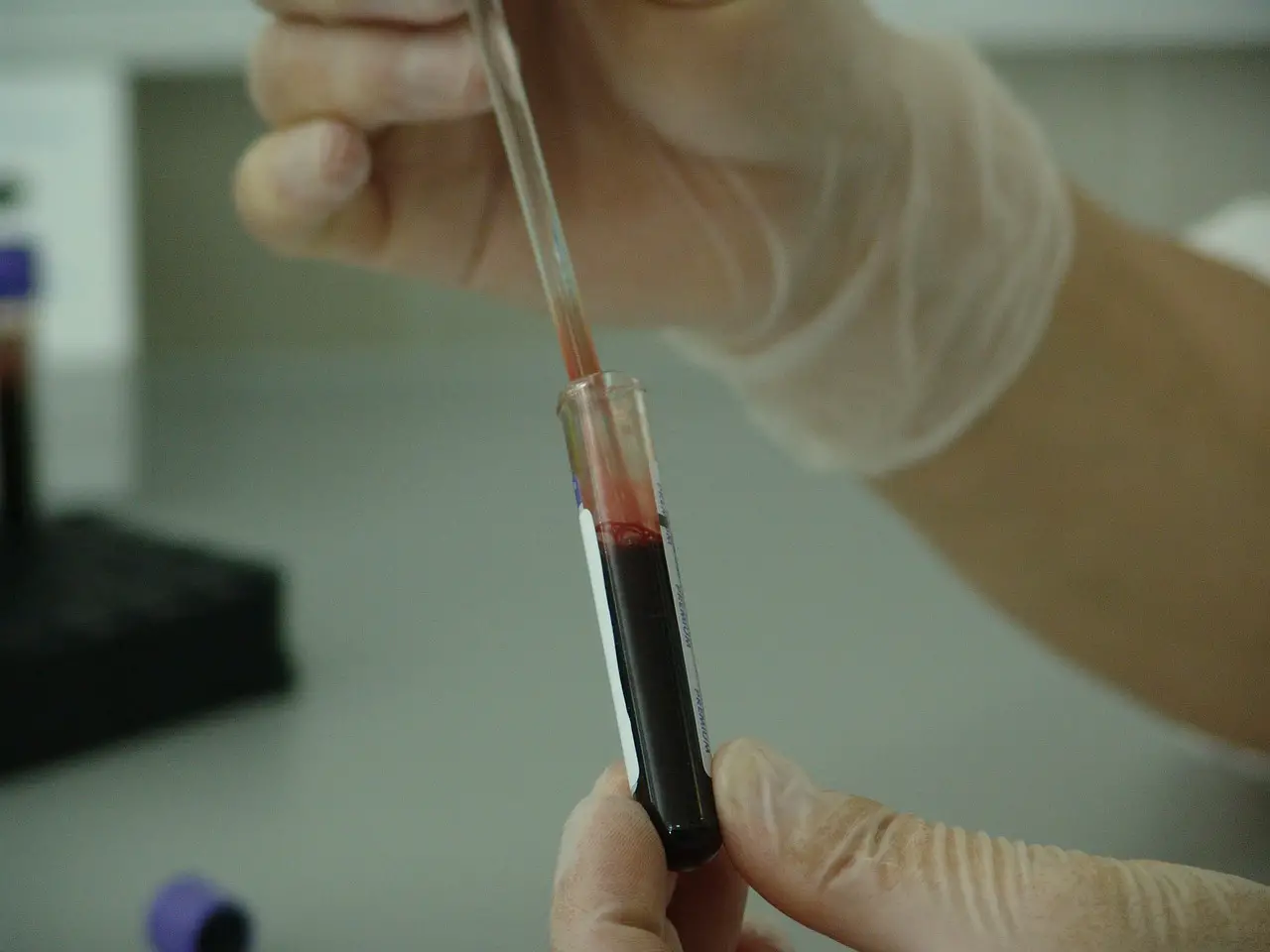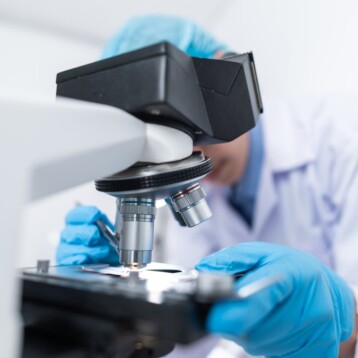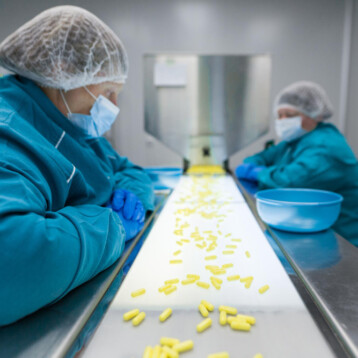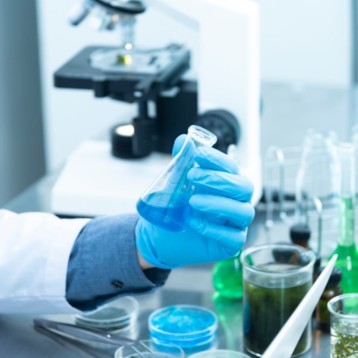With the rates of cancer on the rise, the disease is still one of the greatest foes of doctors and patients across the world. However, new breakthroughs in treatment and the quest for a cure are ever being worked on. The disease isn’t evolving, but our understanding of it is. Never before has the community been more optimistic about the chances of beating cancer in new ways and new fields, and here are some of the methods we’re using to further the fight.

Pic sourced by PublicDomainPictures
Utilizing the power of data
If you have been paying any attention to computing, digital technology, or the internet then you know that “data” is all anyone is talking about. The answers to many questions might lie in complex data organization and processing, and our advances in data science are helping with cancer research. For one, Microsoft is focusing on machine learning that can help scientists organize and run through the available research data to better find new ways to treat cancer patients. The processing power of your computer might even be able to help, too as shown at www.Vice.com. All computers have “spare” processing power they are not using and projects like BOINC allow individual users to “donate” that processing power to making the large-scale computations involved in sorting through and calculating data that is helping in real cancer research.
Crafting the perfect tests
Testing the effectiveness of different treatments on live subjects and watching how different genetic tendencies impact cancer growth and resistance plays a truly massive role in how we understand cancer. Animal subjects like those shown at www.HeraBioLabs.com allow scientists to show how carefully selected animals with set immunities and immunodeficiencies react to different cancers and cancer treatments. The data we gain from these animals then help us understand whether or not the newest batch of medication in development might affect humans the same way. All drug testing that goes on to human trials first begins with animals and we’re learning how to craft the animals to give us the test conditions that best help us.
The beginning of nanotechnology
Nanotechnology is the concept that computers and different devices might be small enough to work on the nano level, that is that they can process within the body without the need for surgery. We might be looking at the beginning of how nanotechnology is making an impact in cancer research with new structures that can potentially diagnose and treat cancer. Most agree that we are still a long way off from any practical application of nanotechnology. If it develops further, however, we may be able to neutralize tumors without surgery and even perhaps to stop cancer that has already progressed to the level of spreading through the body by fighting it on a cellular level.
Cancer is still dangerous, widespread, and impactful. But we are developing the weapons to fight back against it. With the rise of new fields in science like cell therapy, data science, and nanotechnology, we are discovering more and more ways to contribute.










